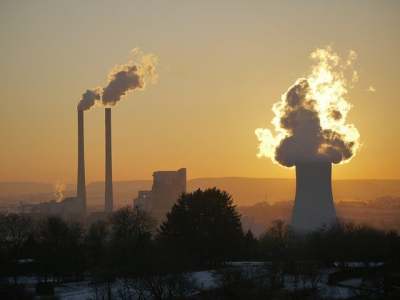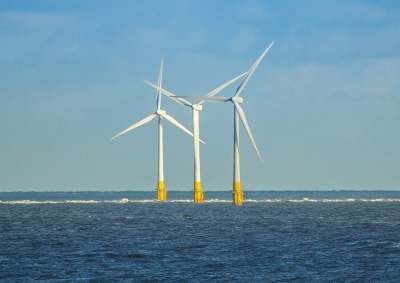All about fossil fuel free investment funds
If we are to successfully combat climate change and ecological destruction we must transition to a zero-carbon economy. Moving your money into a ‘fossil-free’ investment fund means that you can ensure your savings are not being used to support this harmful sector.
A survey by Triodos Bank in 2020 found that 52% of Brits believe that fossil fuel investments are foolish given the climate emergency. While we might worry about the reasoning of the remaining 48%, it is promising to see that people are increasingly thinking about the importance of where they invest their money.
Investing in fossil fuels is essentially foolish for two reasons:
- Fossil fuels are a major contributor to climate change;
- Many believe that investments in fossil fuel companies will bring financial losses in the medium to long term as their coal and oil reserves will become ‘stranded assets’. (See below).
This guide lists a selection of funds that are free of fossil fuels. We also recommend that you view our guide to Ethical Investment funds, which covers a wider range of ethical issues and will give you more detail on some of the essential tools needed to invest your money ethically.




